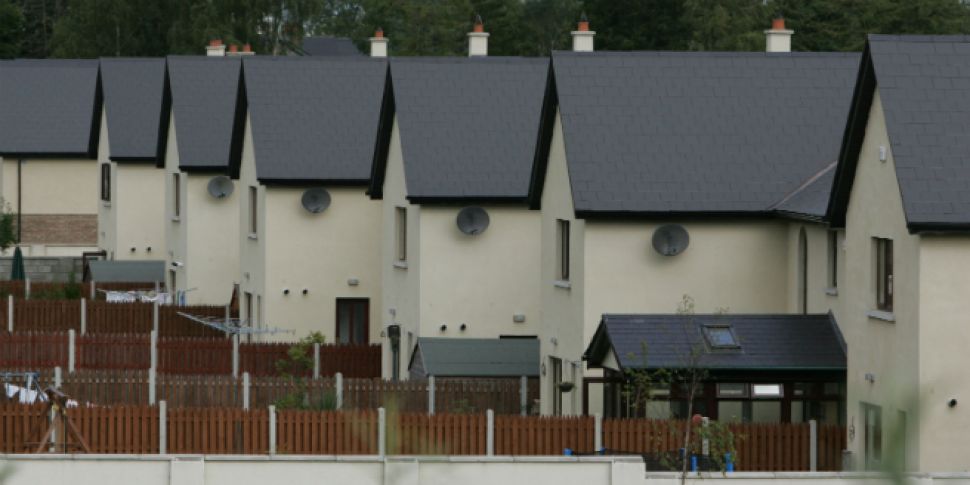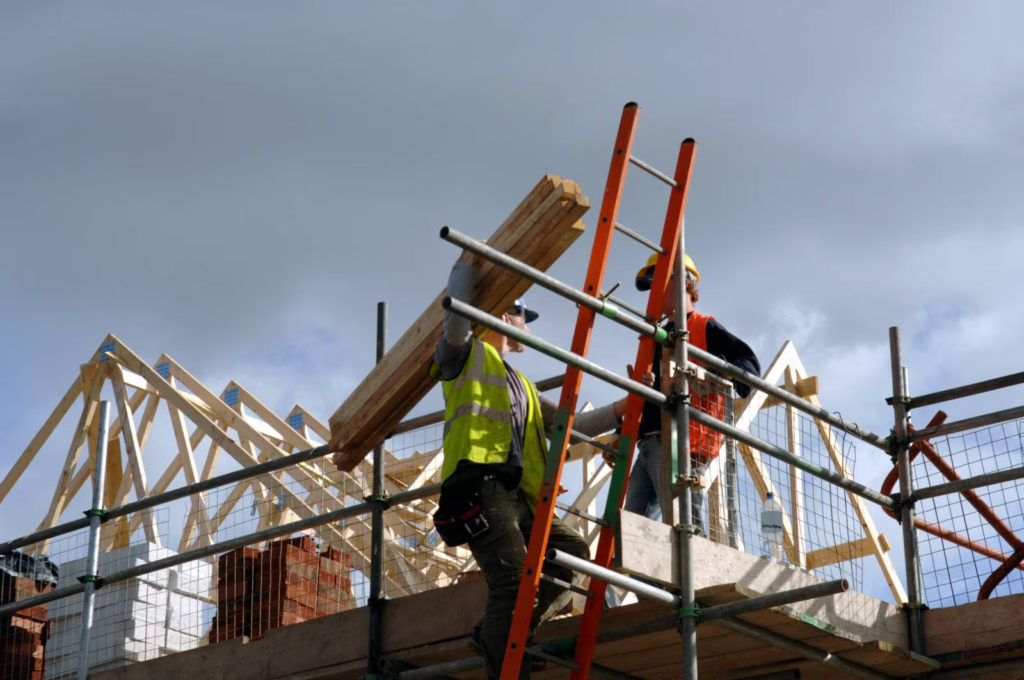Rising rents and surging house prices have triggered a “collapse” in home ownership rates among adults of prime working age (25-54) in the Republic, according to a new report by the Parliamentary Budget Office.
The report said house prices were now six to seven times average salaries, making housing “severely unaffordable” for many workers.
The office is an independent unit within the Oireachtas that scrutinises the State’s finances for TDs and senators. Its report noted that, after the 2008 financial crisis, earnings declined and became stagnant for several years and have not kept pace with house prices or rents.
As a result, home ownership declined by 10 percentage points to 67.6 per cent between 2007 and 2016, while the number of households renting rose from 21 per cent to 28 per cent, it said.
From 2012-2020, it finds that average wages grew by 23% while house prices grew by 77%. For some, this is making house ownership "unachievable", the report states.
It says high prices relative to incomes are "pushing potential buyers out of the market and into rental accommodation, social housing or emigration."
“For some, the widening gap between average house prices and earnings is making home ownership unachievable,” it said.
The affordability gap was most obvious in Dublin. From 2010 to 2020, Dublin properties were, on average, 1.55 times more expensive than house prices across the State. the Parliamentary Budget Office said.
These high prices are pushing buyers out of the city and into commuter counties, which is reflected in the 13.2 per cent growth in prices outside Dublin in the last year to September, it said.
It noted that about 36 per cent of new market property transactions took place in the Dublin commuter region during the first half of 2021, compared with 25 per cent in 2011.
The report found that housing affordability has also deteriorated for renters, noting that rents are now 40 per cent higher than their pre-crisis levels in Dublin, where rents have doubled in the past decade, and are 20 per cent higher in the rest of the State.
“The high cost of housing can lead to deprivation, exclusion and poverty at the household level and to lower levels of consumption and economic growth at the national level,” the report concluded.





